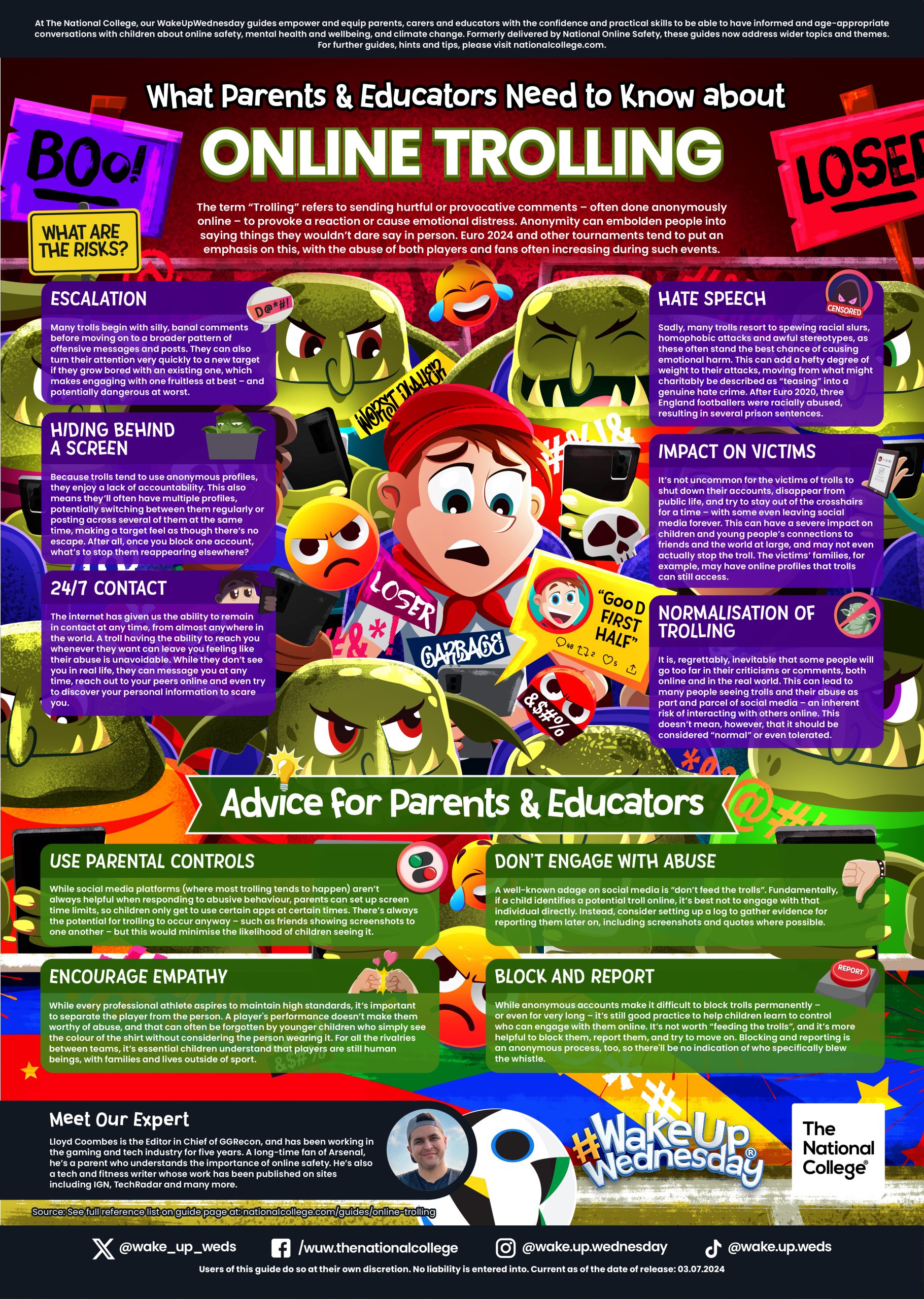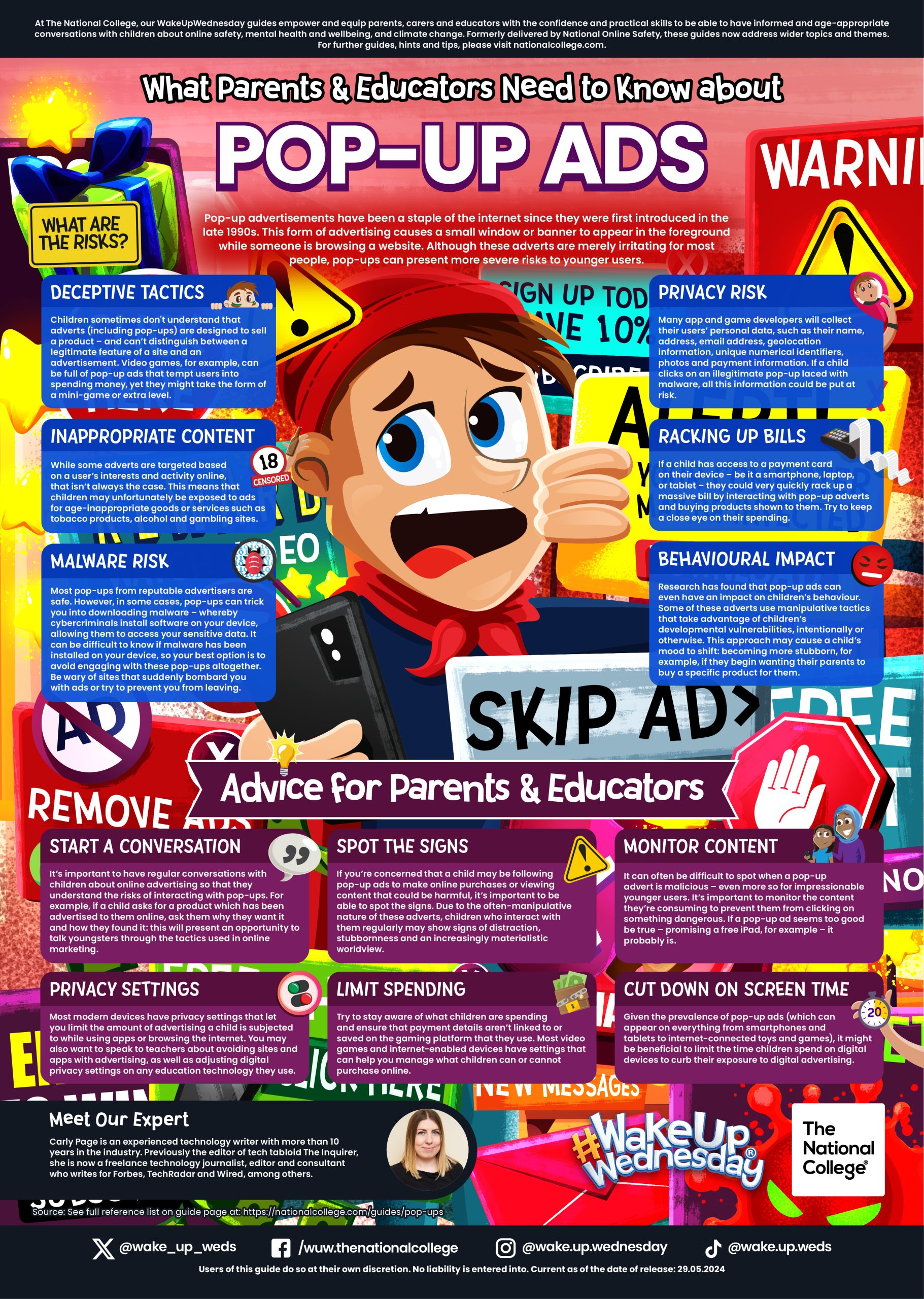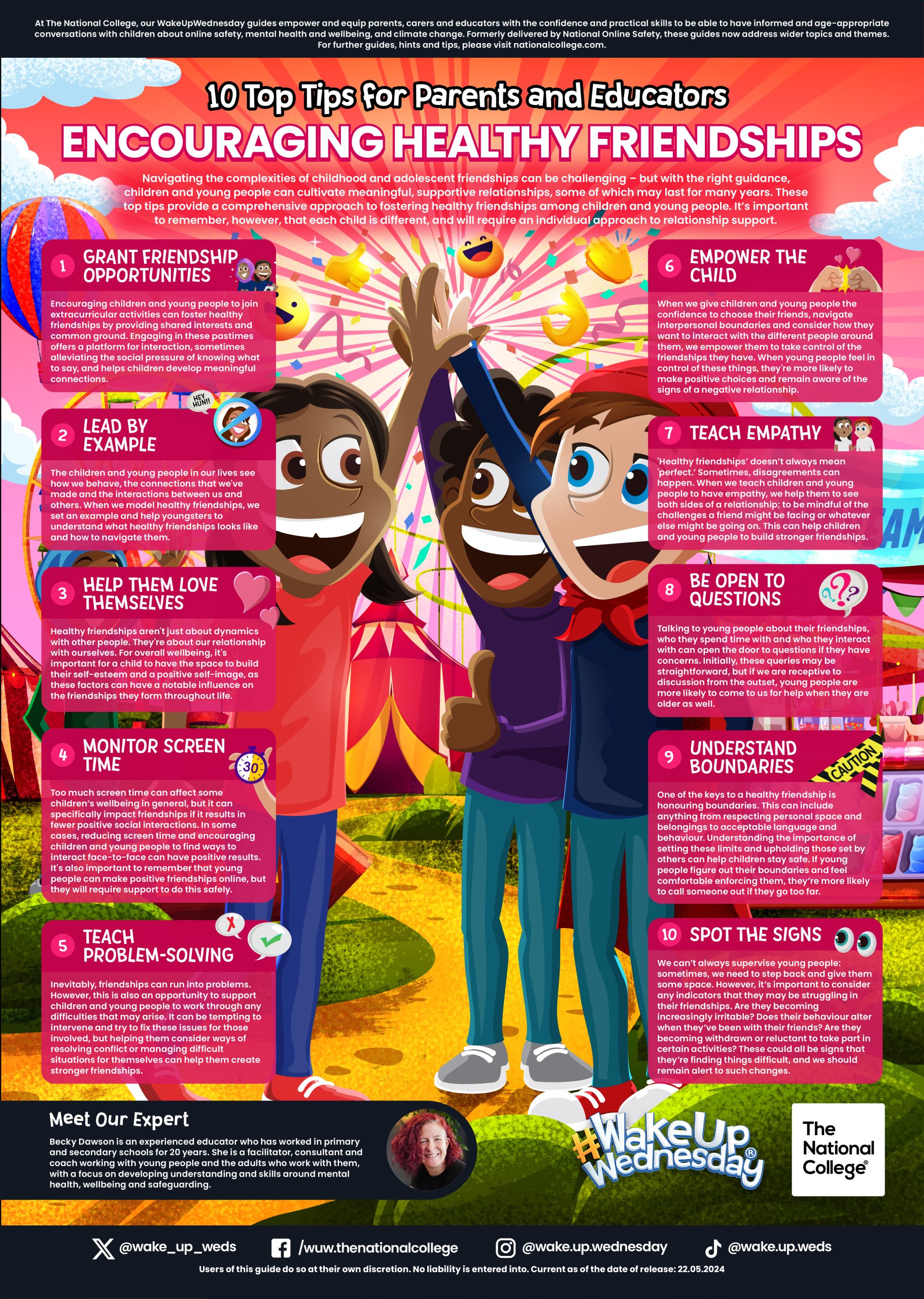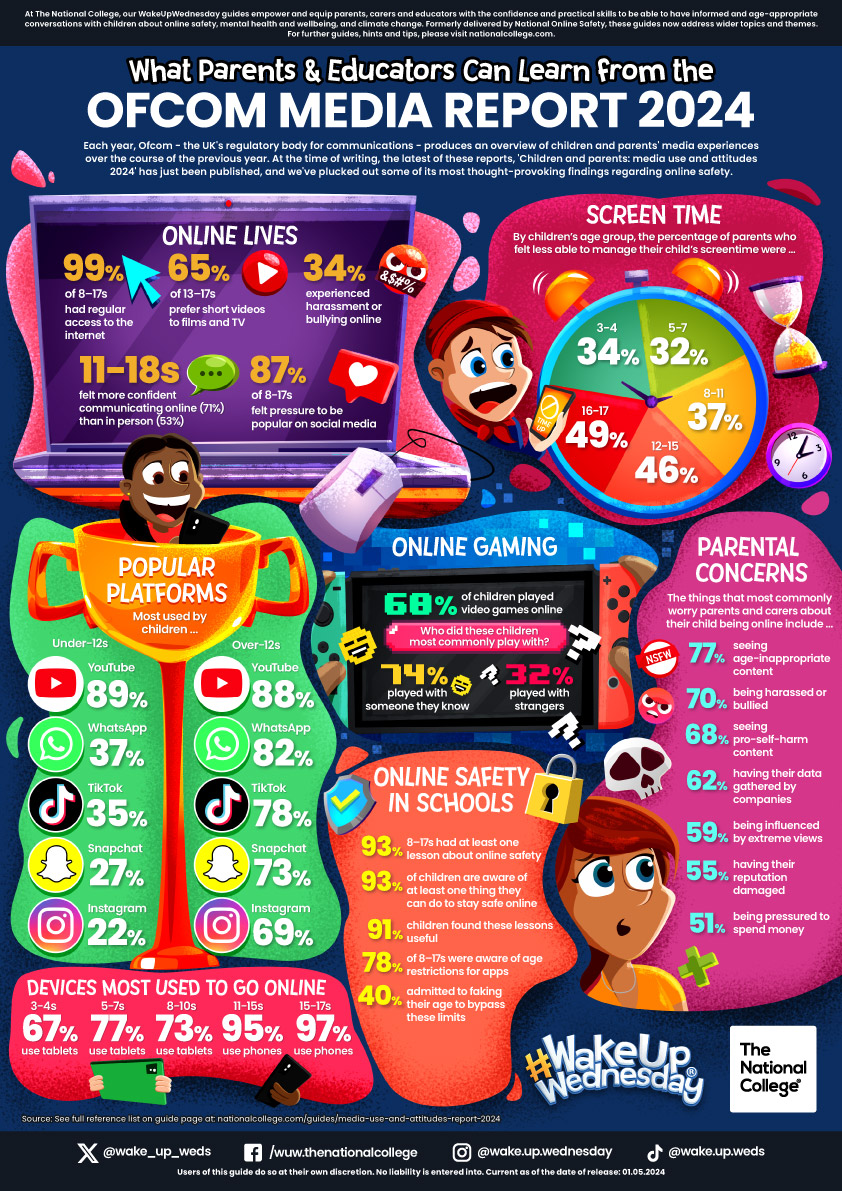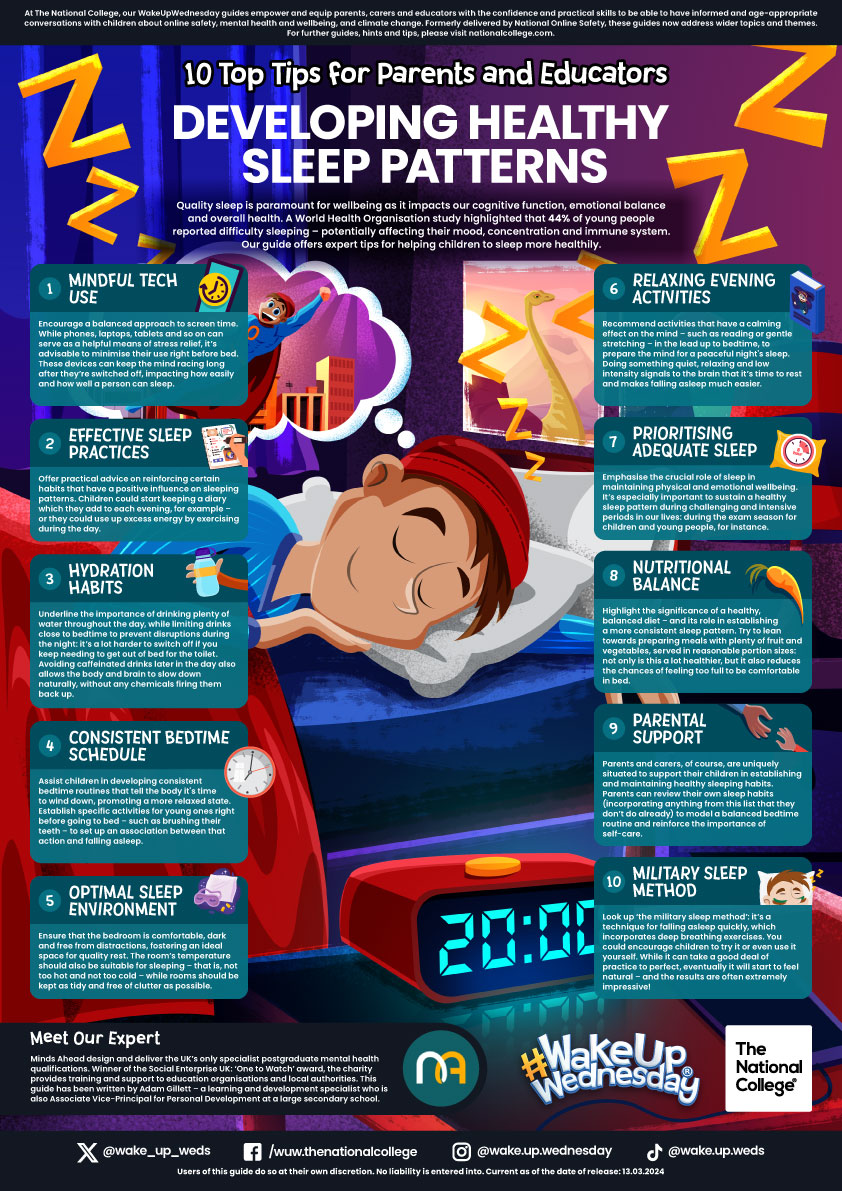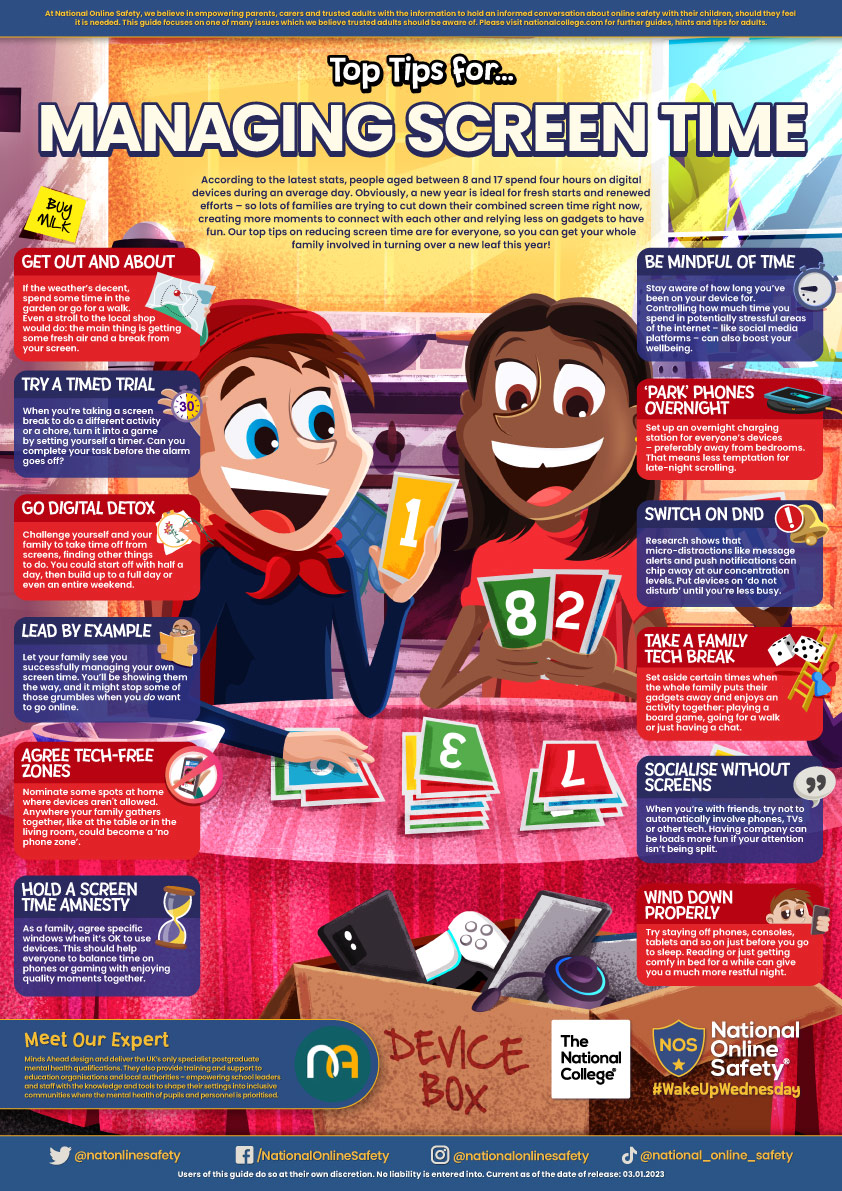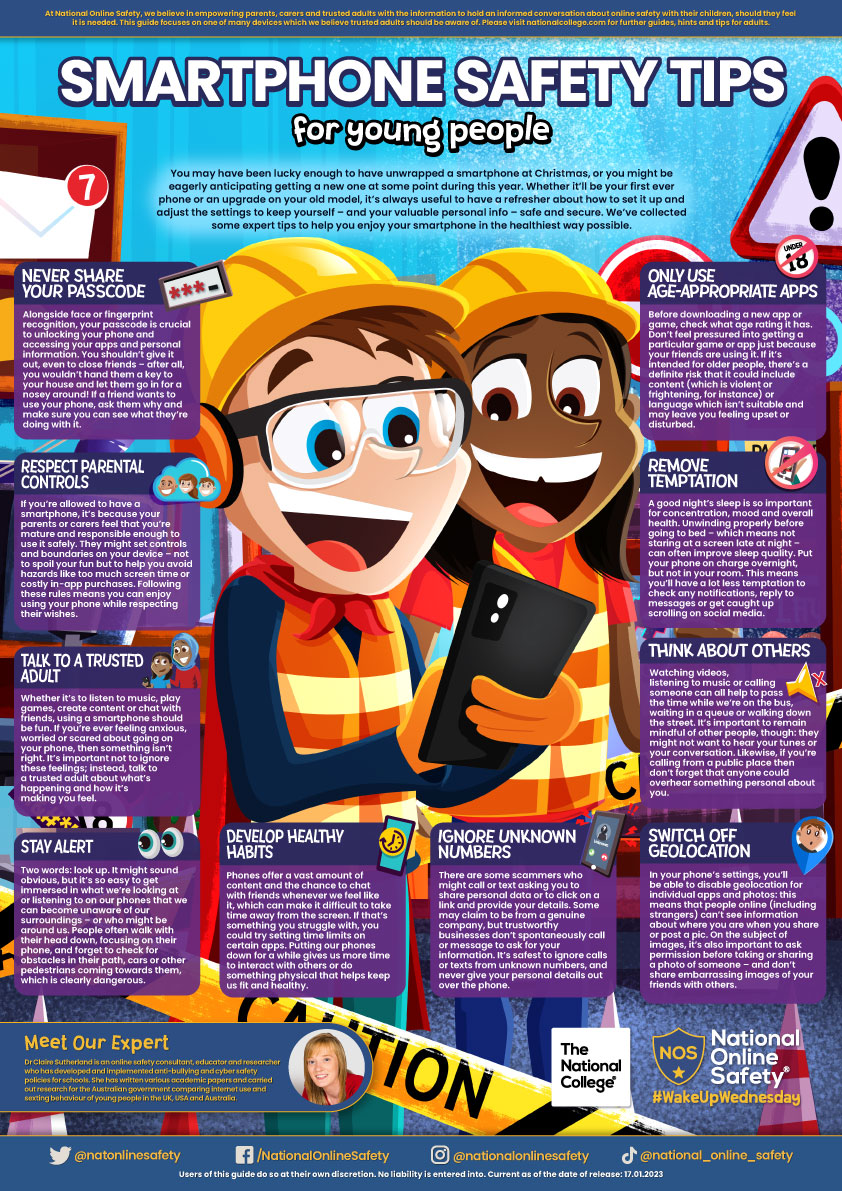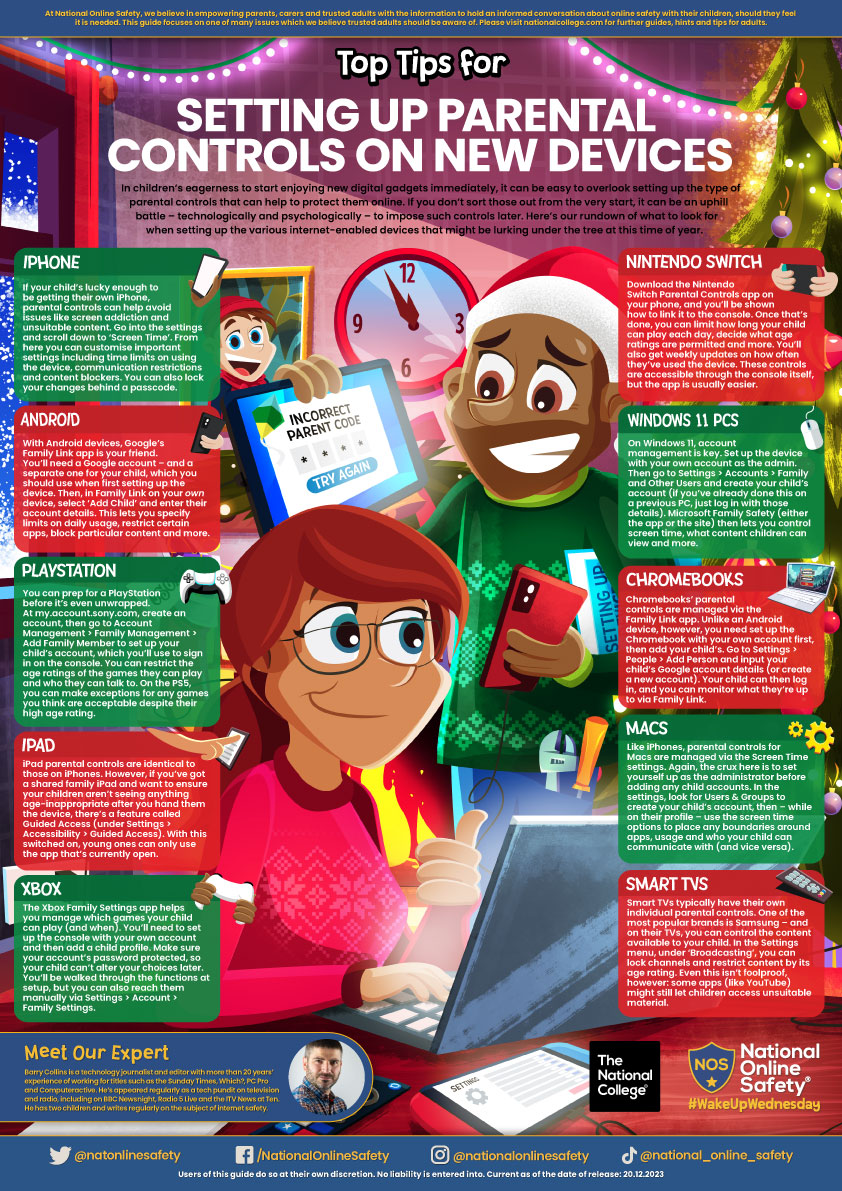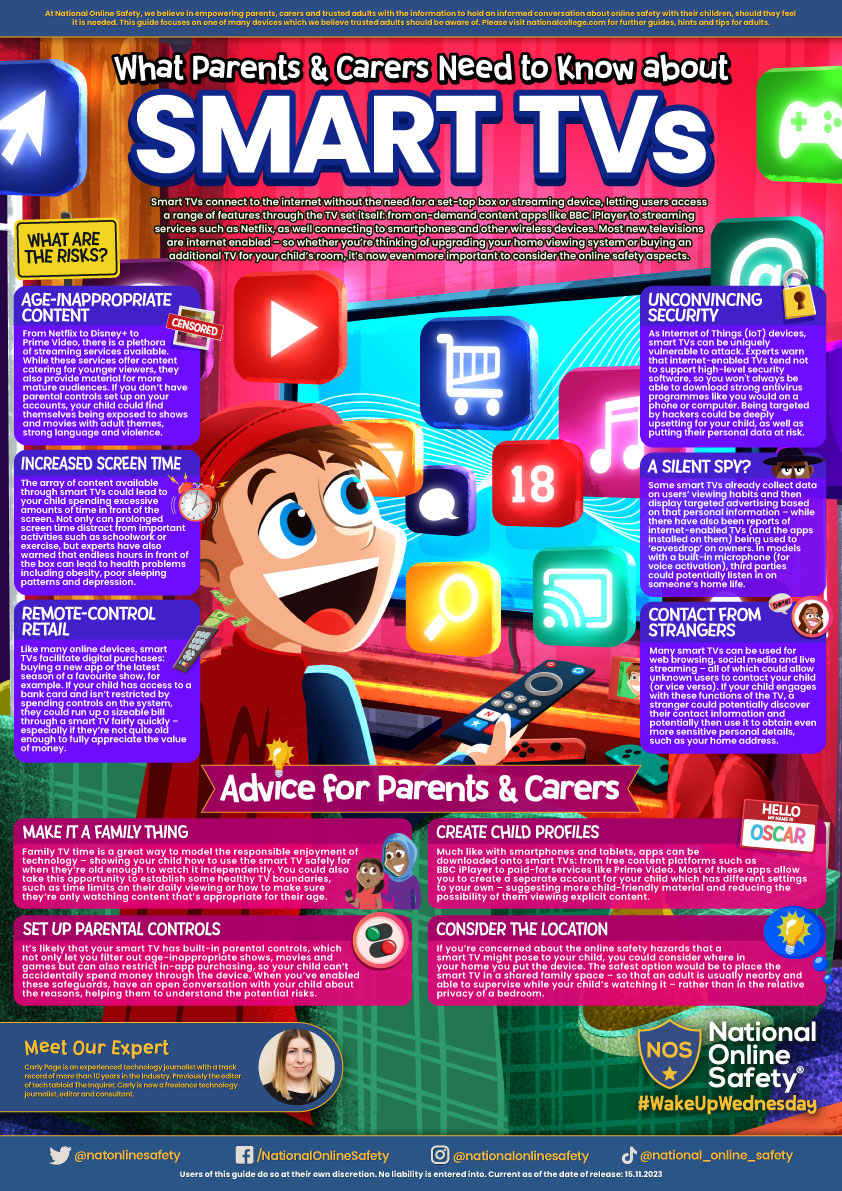The term “trolling” refers to sending hurtful or provocative comments – often done anonymously online – to provoke a reaction or cause emotional distress. Anonymity can embolden people into saying things they wouldn’t dare say in person. Euro 2024 and other tournaments tend to put an emphasis on this, with the abuse of both players and fans often increasing during such events.
This free guide explores the phenomenon of online trolling, detailing its risks and letting you know how to safeguard children from this harmful behaviour.
Some people online simply get a kick out of hurting people’s feelings, making it their mission to get a rise out of anyone they encounter. These people – known as “trolls” – are known for intentionally engaging in offensive or abusive behaviour to upset others online or provoke them into sinking to their level. At the height of events such as Euro 2024, when rivalries between various supporters reach an apex, trolling tends to see a bit of an uptick.
Unfortunately, while “just ignore them” is genuinely good advice, it can prove very difficult to put into practice. This is especially true for children and young people, who are often still learning how to manage their emotions and sometimes react impulsively to name-calling and other mistreatment. This Wake up Wednesday, however, we’re offering expert guidance on how to keep youngsters safe from online trolling – both avoiding it entirely and responding to it effectively.
Sources
- https://www.esafety.gov.au/young-people/trolling
- https://www.theguardian.com/football/2021/nov/03/football-fan-jailed-for-racially-abusing-rashford-sancho-and-saka-after-final-euro-2020
- https://www.dailymail.co.uk/sport/football/article-13359555/Tottenham-fan-hurls-abuse-Declan-Rice-heads-exit-corner-leads-Arsenals-goal-thrilling-win-Tottenham.html
Grab our guide below!National Online Safety
This guide is from National Online Safety.

